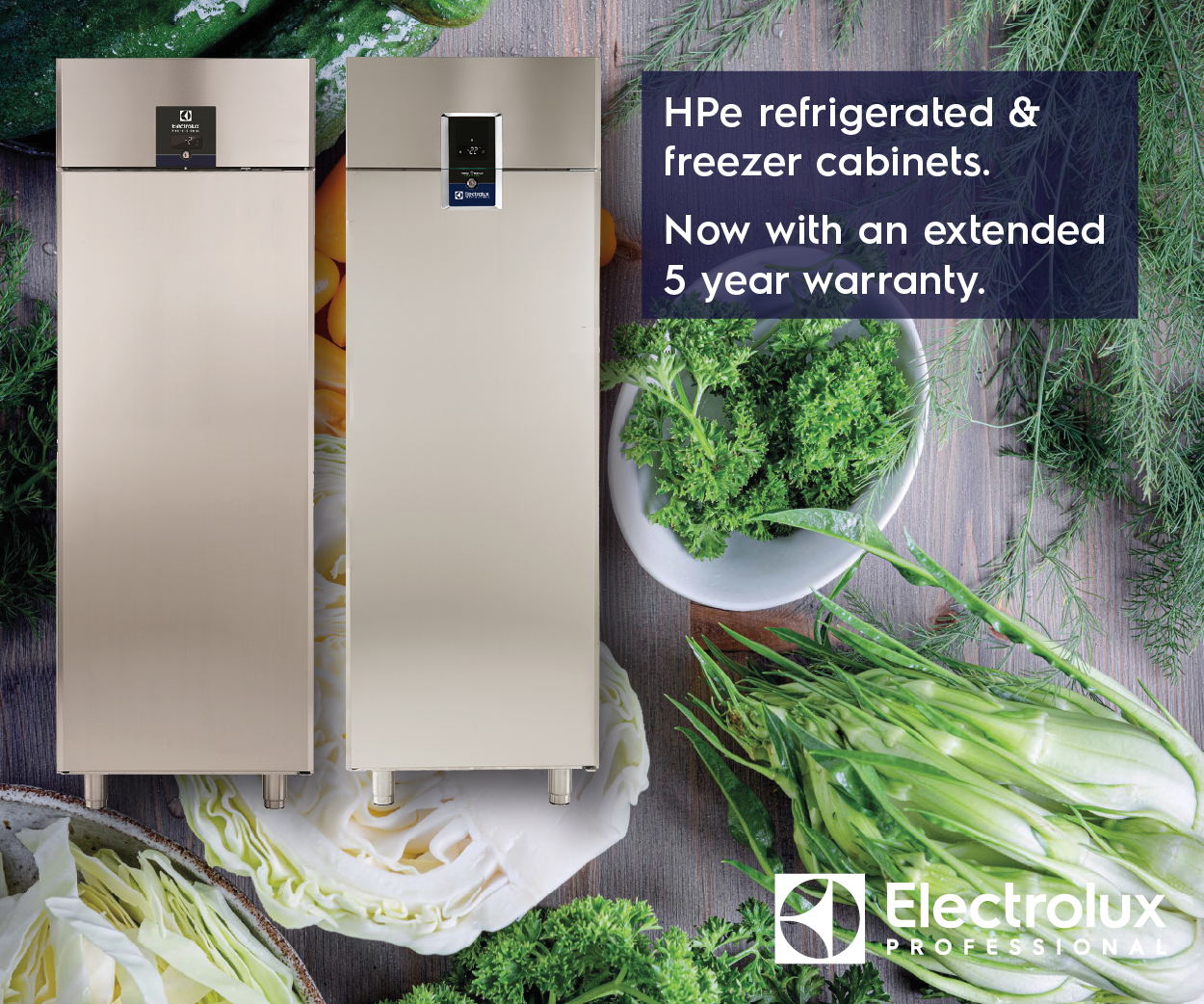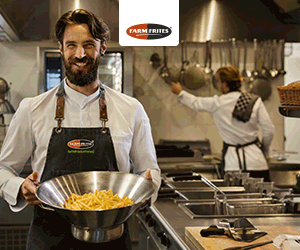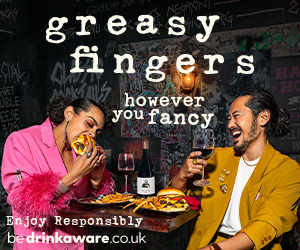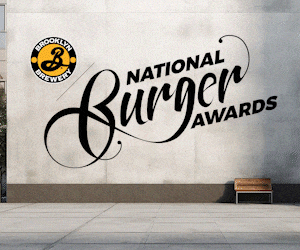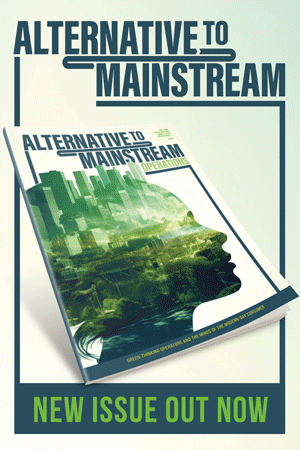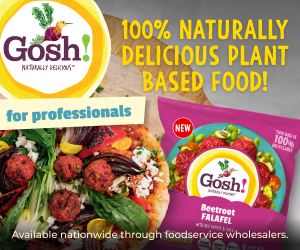Disappointing Budget for pub and bar operators
The pub and bar industry has reacted to the Labour government’s autumn Budget.
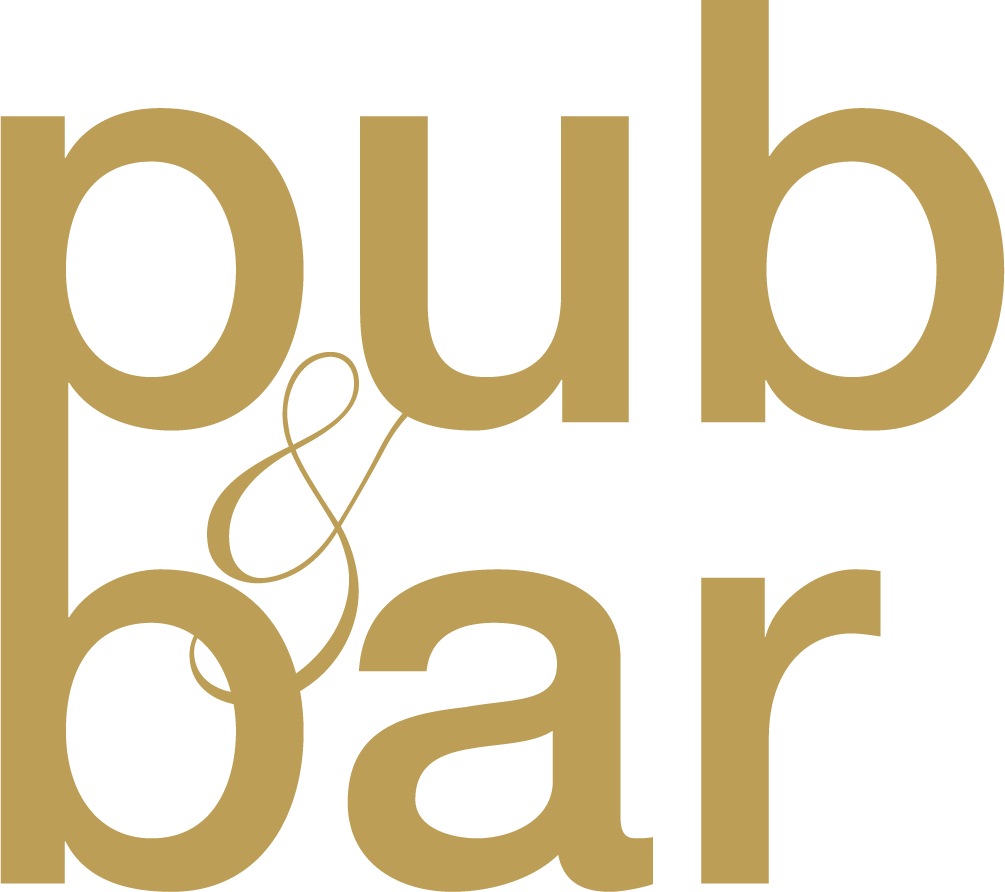
Pub and bar owners and operators have been left deflated by the Labour government’s first Budget since coming to power.
Although there were small points of positivity delivered by the chancellor Rachel Reeves, decisions on business rates and National Insurance contributions will mean more costs for businesses.
Reeves announced she will continue the business rates relief from April 2025 for hospitality venues, but at a lower rate of 40%, instead of the current 75%, up to a cash cap of £110,000 per year. There will then be a full reform of the business rates system in 2026/27.
While CAMRA has said this could be a "gamechanger for pubs", UKHospitality says "the reduced level of 40% is another cost that businesses have to deal with."
There was also the confirmation that Labour is increasing the National Living Wage from £11.44 to £12.21 an hour from April 2025. The National Minimum Wage for 18- to 20-year-olds will also rise from £8.60 to £10.00 an hour.
While workers won’t see an increase on the basic, higher or additional rates of Income Tax, National Insurance or VAT, National Insurance contributions by employers will rise from 13.8% to 15%. In addition, the threshold at which businesses start paying National Insurance on a workers' earnings will be lowered from £9,100 to £5,000, with the Employer Allowance doubled to £10,500.
“The quieter winter months will be incredibly tough, especially with lower rate relief of 40% on business rates, as well as increased employment costs,” says BII CEO Steve Alton. “We will continue to make the case for more support, alongside our members taking their challenges directly to their local MPs. This support needs to be an actual reduction in the unfair level of tax our pubs pay with a priority on a specific VAT reduction for pubs, as well as a full and urgent business rate reform, as a recognition of their vital role in connecting communities, providing local employment and supporting a host of other local businesses.”
Alcohol Duty was cut by 1.7% for draught alcohol products, but duty rates on non-draught products will increase in line with RPI from February next year.
To help tackle obesity and other harms caused by high sugar intake, Reeves announced that the Soft Drinks Industry Levy will increase over the next five years to account for inflation since it was last updated in 2018. The duty will also rise in line with inflation every year going forward.
Hampering growth
"This Budget is the latest blow for hospitality businesses," says Kate Nicholls, CEO of UKHospitality. "Rising taxes, increasing costs and fragile consumer confidence risk bringing growth to a grinding halt.
"In the short-term, the tsunami of employment costs coming in April will ultimately do more to hamper growth than incentivise it. Increases to employer NICs and wages will make it harder for businesses to support employment and invest in their businesses.
"Avoiding the business rates cliff-edge next April was critical and it was important that some relief has been extended. However, the reduced level of 40% is another cost that businesses have to deal with. For those small- and medium-sized operators, their rates bills will still go up in April.
"All of this means that 2025 will be painful for hospitality, with an increased annual tax bill of £3bn for the sector.
"However, there are reasons for longer-term positivity. I am pleased that the chancellor is implementing UKHospitality’s recommendation for a permanently lower level of business rates for hospitality. Levelling the playing field in this way recognises the importance of the high street and the role it plays in our communities and economy.
"We need to see the detail and the government must work with the sector in the design and delivery of this significant change to get it right."







